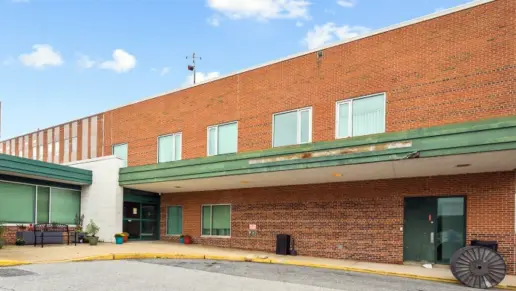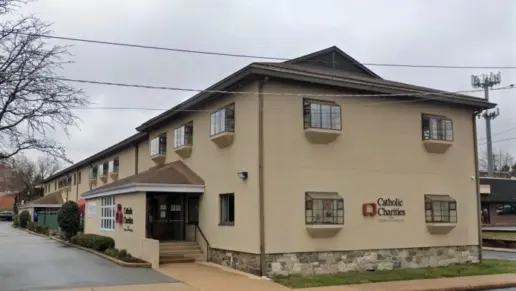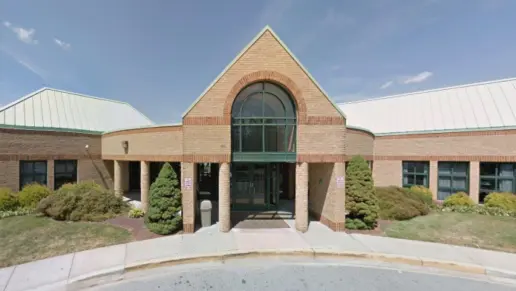About Bowling Green Brandywine Treatment Center
Specialty rehab programs at Bowling Green Brandywine Treatment Center include tailored care focusing on women's specific needs and experiences, gender-specific addiction treatment addressing unique challenges faced by men, and age-appropriate treatment for teens addressing adolescent-specific issues.
Facility Overview
Latest Reviews
Rehab Score
Gallery

Location
Accepted Insurance




Other Forms of Payment
Private insurance refers to any kind of healthcare coverage that isn't from the state or federal government. This includes individual and family plans offered by an employer or purchased from the Insurance Marketplace. Every plan will have different requirements and out of pocket costs so be sure to get the full details before you start treatment.
Self-pay involves paying for treatment out of your own pocket. You can use savings or credit, get a personal loan, or receive help from family and friends to fund your treatment. If you don't have insurance or your insurance plan doesn't cover a specific program, self-pay can help ensure you still get the care you need.
Financial aid can take many forms. Centers may have grants or scholarships available to clients who meet eligibility requirements. Programs that receive SAMHSA grants may have financial aid available for those who need treatment as well. Grants and scholarships can help you pai for treatment without having to repay.
Sliding scale payments are based on a client's income and family size. The goal is to make treatment affordable to everyone. By taking these factors into account, addiction recovery care providers help ensure that your treatment does not become a financial burden to you or your family, eliminating one barrier to care.
Medicaid is a state based program that helps lower-income individuals and families pay for healthcare. Medicaid covers addiction treatment so those enrolled can use their coverage to pay for rehab. When a program accepts Medicaid the client often pays very little or nothing out of their own pocket.
Medicare is a federal program that provides health insurance for those 65 and older. It also serves people under 65 with chronic and disabling health challenges. To use Medicare for addiction treatment you need to find a program that accepts Medicare and is in network with your plan. Out of pocket costs and preauthorization requirements vary, so always check with your provider.
Addiction Treatments
Levels of Care
Treatments
Substance rehabs focus on helping individuals recover from substance abuse, including alcohol and drug addiction (both illegal and prescription drugs). They often include the opportunity to engage in both individual as well as group therapy.
Programs


Clinical Services
When used in treatment sessions, cognitive behavioral therapy in Delaware has been shown to be an effective method to address a variety of mental health disorders, including substance use disorders. An advantage of this method is its ability to also address any co occurring disorders such as anxiety, depression, and PTSD.
Group therapy helps build a sense of community in participating men and women. You share experiences and your goals, which helps create strong bonds that support each person's path to recovery. These bonds often lead to long term supportive relationships as you transition into the community.
In individual therapy, a patient meets one-on-one with a trained psychologist or counselor. Therapy is a pivotal part of effective substance abuse treatment, as it often covers root causes of addiction, including challenges faced by the patient in their social, family, and work/school life.
Delaware families focus on creating a supportive network for the individual in recovery during family therapy. Therapists work with your family to identify dysfunctional patterns and develop healthier ways of interacting. This can significantly improve the overall treatment outcome.
Several life skills are important to develop during and after rehab treatment in Delaware. They include communication and interpersonal skills. These life skills will help you repair, maintain, and create healthy relationships, which are important for long term sobriety.
Amenities
-
Private Setting
Staff

COO

Director of Nursing

Regional Service Coordinator
Contact Information
1375 Newark Rd
Kennett Square, PA 19348






